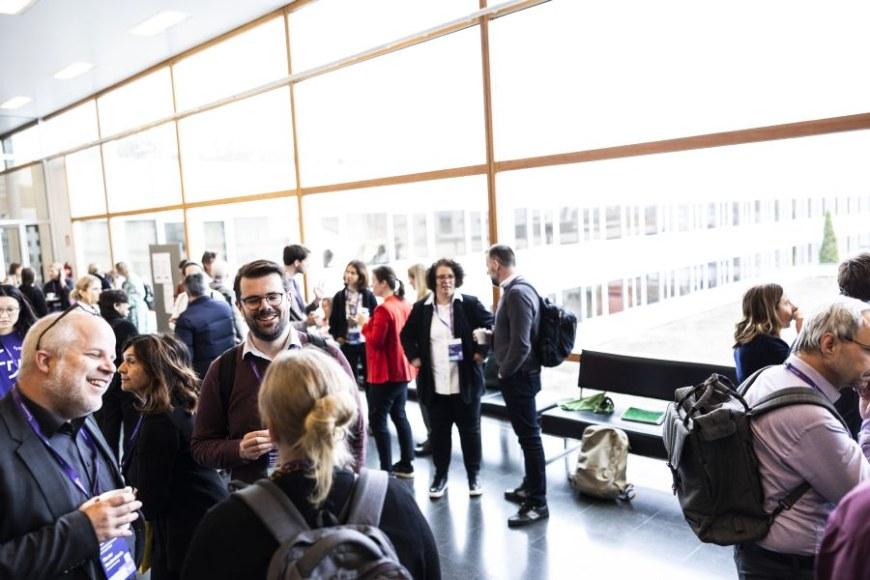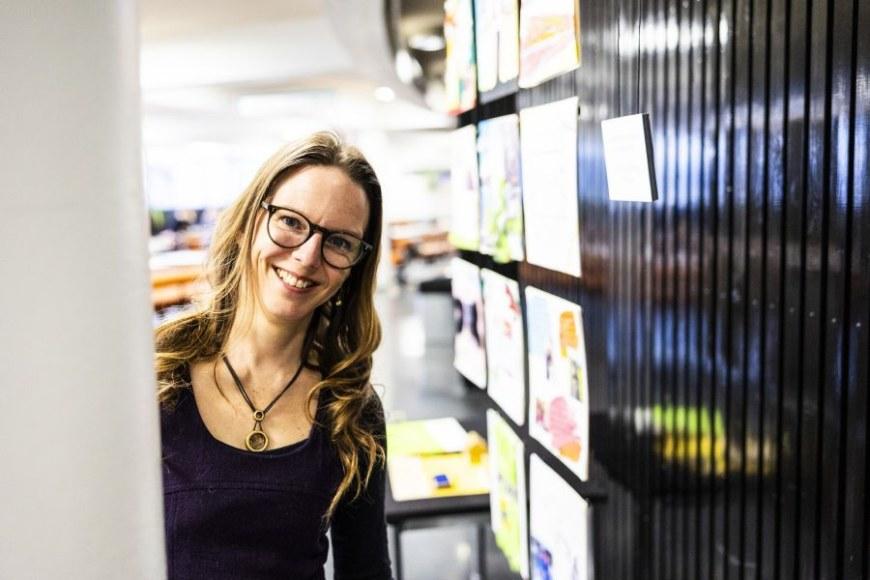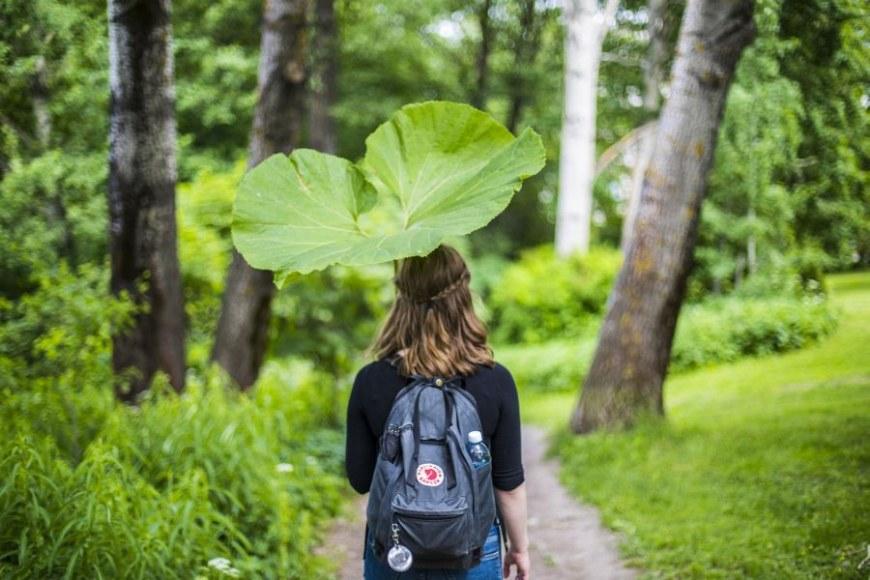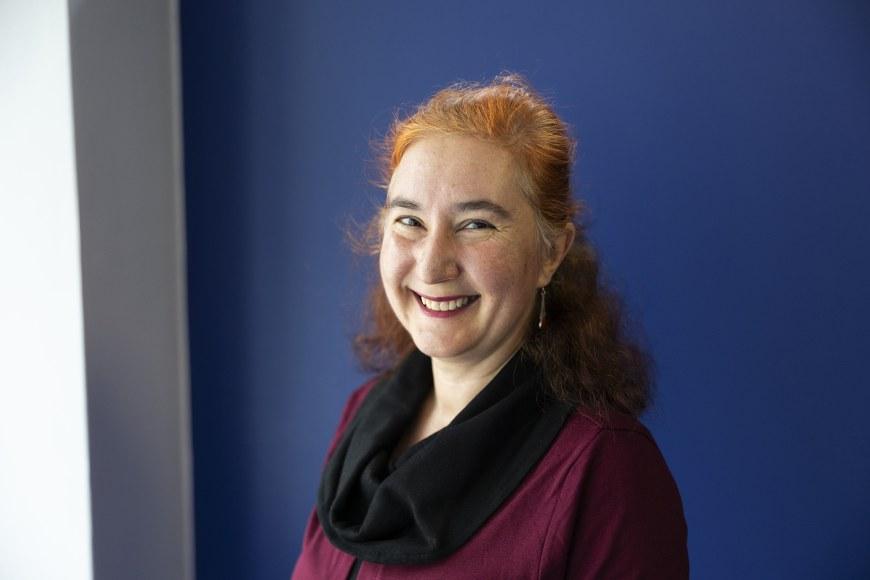Exceptional circumstances create new solutions - iWeek is an extreme experiment
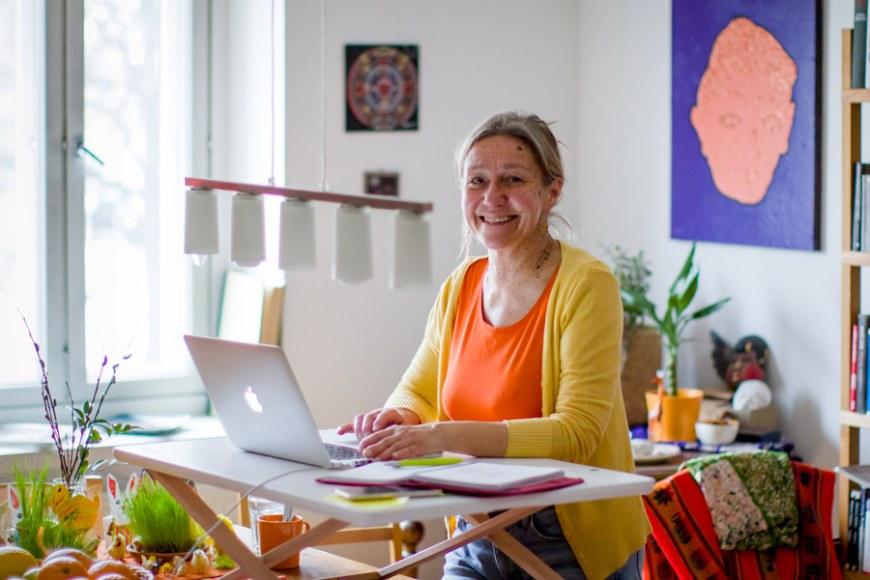
“When the pandemic started to spread in Europe and the first cancellations came, we quickly decided to experiment a virtual implementation instead of cancelling the international week. After all, we can store and distribute almost everything digitally. We can also use tools which enable joint development in teams here and internationally. Our international partners also became immediately interested in the idea,” tells Manager Timo Kivikangas from the Degree Programme in Media and Arts.
The school’s degree programmes organise the iWeek. The English Degree Programme in Media and Arts has the largest role in production and organisation of the event. The project is led by International Coordinator Sohvi Sirkesalo. Several teachers from the school participate in its planning.
The theme of the week is “See the Silence. Hear the Invisible.” The original thought was that many changes take place in the society unnoticed, such as the climate change, racism and effectiveness thinking. They are only noticed when they come up dramatically or affect our everyday life.
“It is media, culture and art professionals’ work to observe, react to and comment on these phenomena. Field-related education pays attention to these tacit signals, predicts the future and searches for new expression manners. The coronavirus brought new dark tones to the theme,” Sirkesalo explains.
Something new, something old, something borrowed
According to Sohvi Sirkesalo, the virtual week includes same items as earlier but for the first time fully online.
“The programme includes presentation of student works: art exhibitions, films, animations, music students’ concerts and game designers’ demos. Almost all has earlier taken place at Mediapolis in Tampere.”
“We have built the programme based on the bring-a-dish principle and solved a variety of technical challenges. The atmosphere has been good,” Timo Kivikangas adds.
Workshops and lectures by partner institution teachers, joint panel discussions and feedback sessions have traditionally been an essential part of our international weeks. They are also offered now.
“The largest challenge in the programme planning has been the fact that students have not been able to work face to face and thus live shows of large bands, performances and normal art exhibitions have not been possible. Contents have been produced home alone and cooperation has taken place remotely. It has also been a challenge to learn new tools quickly but the situation has forced to overcome the problem and come up with new solutions. This is quite an extreme experiment and I believe many will be surprised to see how good job we have done,” Kivikangas praises.
According to Kivikangas, connections, creative process, benchmarking, digital distribution and networking function despite the situation, which can open completely new networking possibilities for staff.
The school has an open-minded attitude to the virtual implementation and considers it a learning experience.
“Organisation of an online event calls for organisation skills, networking, visualisation and innovation skills and use of team competence and tool potential. A bit of madness and spontaneity are an advantage,” Timo Kivikangas lists.
Sirkesalo adds that enough time and patience to learn new are also needed.
Participants’ networking is facilitated by the diverse programme and invitations sent to students, teachers and other key networks in Finland and abroad. This year when the event is open for all online we expect to have more audience than ever before.
“How do we make our international partners participate and make the week interesting and attractive when participants have a completely new role? This is inspiring and exciting,” describes Sirkesalo.
She hopes for an open-minded attitude from the visitors:
“Ok, no trip to Tampere, but I am curious to see how they do it and join.”
More possibilities to connect with others
Students take care of the practical arrangements with Sohvi Sirkesalo. The student team had met a couple of times before the corona restrictions began.
“At first the students were worried. Then they became excited about the online event. In the first meeting, I lost track for a couple of times when they started to think up new implementation manners and channels. We are a great team with Isabella Presnal, Luiza Preda and Anna Haaraoja,” Sirkesalo praises.
Work distribution required some discussion but all found their field of responsibility. Presnal is in charge of the website and social media marketing, Haaraoja of online concerts and game academy showcases and Preda of exhibition coordination. Everybody has diverse production tasks.
The website works as the virtual meeting place. It offers access to all the other channels. The site includes interviews, a blog and stories on international weeks. Diverse student assignments are presented on YouTube, Instagram and Behance. Live broadcasts of the week, such as panel discussions and concerts, mainly use Zoom.
The iWeek has required student competence in digital storage of study-related works and their publication on social media platforms and videoconferences. For the audience it is enough to know how to use the videoconference connection.
“Having the iWeek online gives us more possibilities to connect with students and teachers in our partner universities. This year we will have performances by students in Canada and Mexico. It also opens the event to a wider audience than would be possible otherwise,” Isabella Presnal says.
Luiza Preda is responsible of coordinating the exhibitions. She is very happy that iWeek finally has a concrete online presence. It helps the audience to have a better idea of what iWeek means.
“Nowadays if an event is not online, it feels like it did not happen,” Preda says.
Text: Emmi Rämö
Photo: Jaakko Saarilampi
TAMK Art, Music and Media International Week April 20th–24th 2020
https://artmusicmediaweek.wordpress.com/
